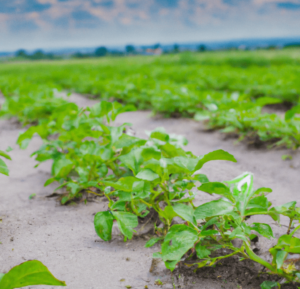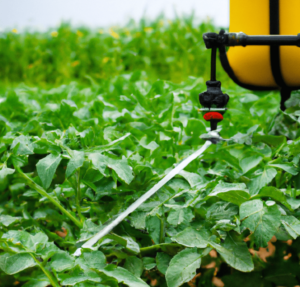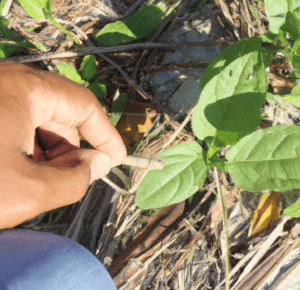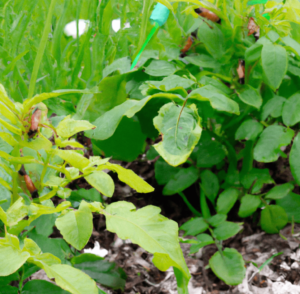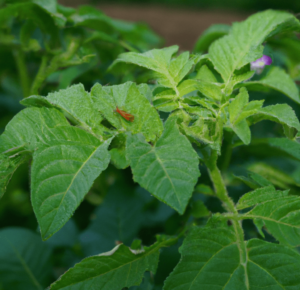For gardeners, pests can be a major issue since they harm plants and impair their general health. Pesticides and other chemicals have traditionally been used by many gardeners to combat these pests. However, the ecosystem and even the plants themselves could be harmed by these pollutants. Traditional pesticide use can be replaced with more environmentally friendly biodegradable pest control techniques. Pest management strategies that are constructed from natural, organic components and decompose naturally in the environment are referred to as biodegradable pest control solutions. Biodegradable pest control techniques are non-toxic and secure for both humans and the environment, in contrast to conventional pesticides, which can linger in the environment for years. The benefits of using biodegradable pest control methods in your garden are plenty so, let’s dive right in!
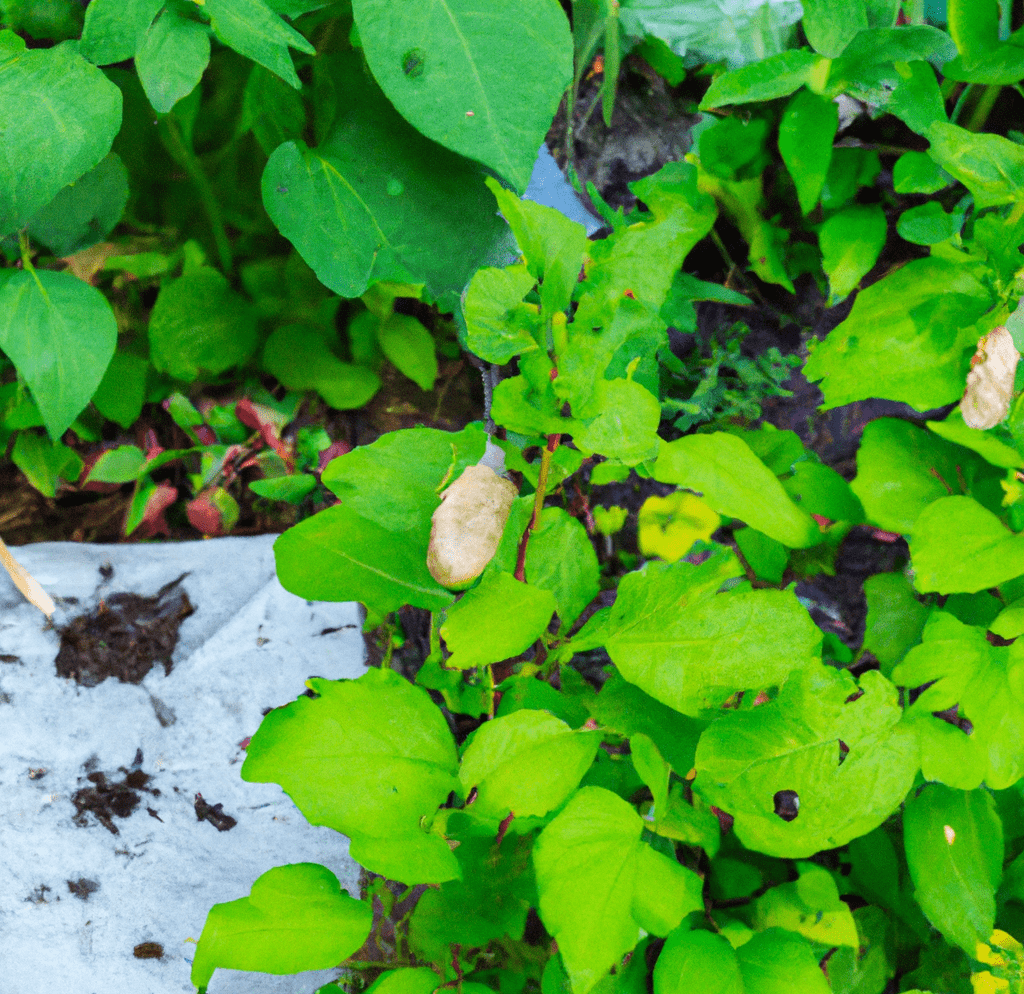
How Biodegradable Pest Control Methods Work
Alternatives to conventional pesticides that are potentially harmful to the environment include biodegradable pest management techniques. These techniques operate by using organic compounds to manage pests in your garden without endangering nearby wildlife, plants, or the environment. We’ll dive into the benefits of using biodegradable pest control methods in your garden after discussing these techniques.
Natural Ingredients Used in Biodegradable Pest Control Products
Natural components that are acceptable to use in gardens and other outdoor areas are used in biodegradable pest control products. Without the environmental impacts of overuse of chemical fertilizers and pesticides, you can use the benefits of using biodegradable pest control methods in your garden with the following:
- Essential Oils: Essential oils with insecticidal characteristics, such as peppermint, rosemary, and thyme, are efficient against a variety of pests, such as aphids, mites, and whiteflies.
- Diatomaceous Earth: Natural material known as “diatomaceous earth” is created from the fossilized remains of diatoms. It works by scratching the exoskeleton of insects, which causes them to become dehydrated and die.
- Neem Oil: Whiteflies, aphids, and mites are just a few of the pests that neem oil is good against. Neem oil is made from the seeds of the neem tree. By interfering with the hormone system of the insect, it prevents feeding and reproduction.
You can protect your garden from pests without endangering the environment by adopting biodegradable pest control techniques. To maintain your garden healthy and flourishing, the benefits of using biodegradable pest control methods in your garden to your advantage.
Comparison of Biodegradable and Synthetic Pest Control Methods
An important part of keeping a garden productive and healthy is pest management. The environment and public health, however, may be negatively impacted by the use of synthetic pesticides for pest management. A more sustainable and environmentally friendly option is provided by biodegradable pest control techniques. Learning about the benefits of using biodegradable pest control methods in your garden is important.
Biodegradable pest management techniques employ the utilization of pest-controlling elements that are found in nature, such as fungi, bacteria, and plant extracts. The benefits of using biodegradable pest control methods include that these techniques are environmentally friendly, non-toxic, and biodegradable. Companion planting, the use of essential oils, and the usage of biopesticides are a few examples of biodegradable pest management techniques.
Synthetic pest control techniques, on the other hand, use chemicals like pesticides and insecticides to manage pests. These techniques may be efficient, but they also carry risks to human health, the environment, and non-target creatures. Additionally, pests may become resistant to these treatments, which would reduce their effectiveness over time. Synthetic pest control techniques can be more successful right away, but with careful use, biodegradable pest control techniques can be just as effective over time. Although biodegradable techniques may need to be used and monitored more frequently, they can be just as effective over time.
Benefits of Using Biodegradable Pest Control Methods in the Garden
The benefits of using biodegradable pest control methods in your garden include:
- Beneficial Insect and Pollinator Protection: Biodegradable pest management technologies are less hazardous to beneficial insects and pollinators and target specific pests. This encourages plant growth and reproduction and contributes to the preservation of a healthy ecosystem.
- Reduction in the Risk of Soil and Water Contamination: Biodegradable pest management techniques degrade naturally without leaving any toxic residues in the soil or water. In addition to ensuring that plants continue to receive the nutrients they require to develop, this helps prevent environmental contamination.
- Minimized Exposure: The role of chemical pesticides in modern agriculture may be important but the risk exposure for gardeners and pets is minimized thanks to biodegradable pest control techniques’ lower toxicity. Everyone who participates benefits from a safer and healthier gardening experience.
Overall, utilizing eco-friendly, biodegradable pest control techniques in the garden promotes the well-being of the environment, those who look after the plants, and the plants themselves.
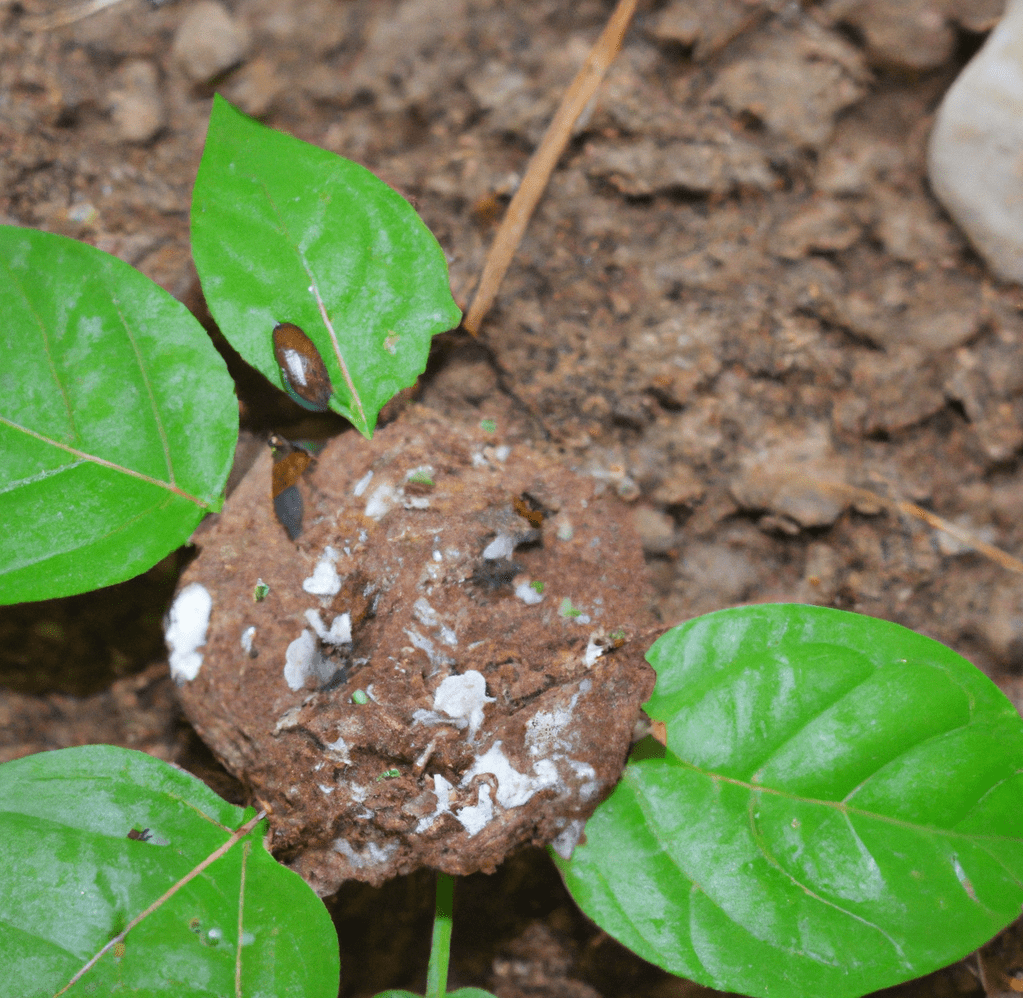
Examples of Biodegradable Pest Control Methods
Natural materials and techniques are used in biodegradable pest control techniques to manage pests with the least amount of environmental damage possible. Examples of these techniques with the benefits of using biodegradable pest control methods in your garden include:
- Handpicking Pests: This technique entails picking pests out of plants by hand. Small gardens or the eradication of particular pests like caterpillars or beetles may benefit from this.
- Beneficial Insects: Some biodegradable pest management treatments use beneficial insects to control pests, such as ladybugs and lacewings. These insects consume other insects that are damaging to plants, which lowers their population and shields the garden from danger.
- Companion Planting: Companion planting, which entails cultivating particular plants that naturally deter pests or attract beneficial insects, is another biodegradable pest management strategy. The use of marigolds around tomato plants, for instance, can help ward off worm pests while luring bees and other pollinators to promote plant growth.
While causing the least amount of environmental harm possible, biodegradable pest management techniques can be effective at getting rid of pests due to the benefits of using biodegradable pest control methods in your garden.
How to Safely Use and Store Biodegradable Pest Control Products
To ensure their efficiency and reduce any potential danger to people, animals, and the environment, it’s crucial to use and store them carefully. Now that you know about the benefits of using biodegradable pest control methods in your garden, here’s how to use and store them safely:
- Carefully read and adhere to all warnings and application rates listed on the product label.
- To prevent contact with the product, put on the proper personal protection equipment (PPE), such as gloves and a mask.
- To prevent drifting and reduce any potential exposure to unintended targets, apply the solution on a quiet day.
- When insects are most active, which is often early in the morning or late in the day, apply the product.
Suitable Storage
Now that you know about the benefits of using biodegradable pest control methods in your garden, store them correctly:
- In a cool, dry, and safe location, keep biodegradable pest control products in their original, labeled containers.
- Separate them from food, drinks, and animal feed, and keep them away from children and pets.
- Some goods can be combustible, so keep them away from heat sources and open flames.
- Use the container only for its intended use.
- Disposal Instructions
Proper Disposal
After learning about the benefits of using biodegradable pest control methods in your garden, you need to dispose of products correctly as well:
- Follow the particular disposal instructions found on the label to the letter.
- If the label does not include disposal instructions, get advice from your neighborhood waste management service.
- The empty container should be rinsed with water before being disposed of in accordance with local laws.
- You may use biodegradable pest control solutions safely and efficiently while minimizing waste, safeguarding beneficial insects, and maintaining the safety of your food and environment by adhering to these best practices for application, correct storage, and disposal instructions.
Bottom Line: The Benefits of Using Biodegradable Pest Control Methods in Your Garden
The detrimental consequences it has on the environment and human health, and the use of dangerous pesticides in gardening have come under scrutiny recently. Gardeners have turned to environmentally friendly, effective, and safe biodegradable pest control techniques to deal with this problem. Gardeners may ensure that their plants remain healthy and pest-free without harming the environment by utilizing biodegradable pest management techniques.
Some of the benefits of using biodegradable pest control methods in your garden are that these approaches are natural and employ substances that are safe for both people and animals as well as plants. A healthy ecology is maintained by using biodegradable pest control techniques that also encourage the growth of beneficial insects and microorganisms in the garden. Biodegradable pest management techniques are not only practical for the environment but also affordable and simple to implement.
The Benefits of Using Biodegradable Pest Control Methods in Your Garden FAQs
What are some illustrations of environmentally friendly pest control methods?
Neem oil, essential oils, diatomaceous earth, hand-picking bugs, utilizing beneficial insects, and companion planting are a few examples of biodegradable pest management methods.
How effective are biodegradable pest control techniques?
Garden pests can be controlled utilizing biodegradable pest control techniques without hurting the environment, adjacent plants, animals, or wildlife.
What advantages do biodegradable pest control techniques provide in gardens?
Protecting beneficial insects and pollinators, lowering the risk of soil and water contamination, minimizing exposure to toxic chemicals, and generally promoting the health of the environment and those who take care of the plants are all advantages of using biodegradable pest control methods in gardens.
How do synthetic and biodegradable pest control techniques compare to one another?
Compared to synthetic pest management techniques, biodegradable pest control techniques are more environmentally friendly, non-toxic, and biodegradable. While synthetic approaches may be more quickly successful, they come with concerns to human health, the environment, and non-target animals, and pests may eventually develop resistance to them.


